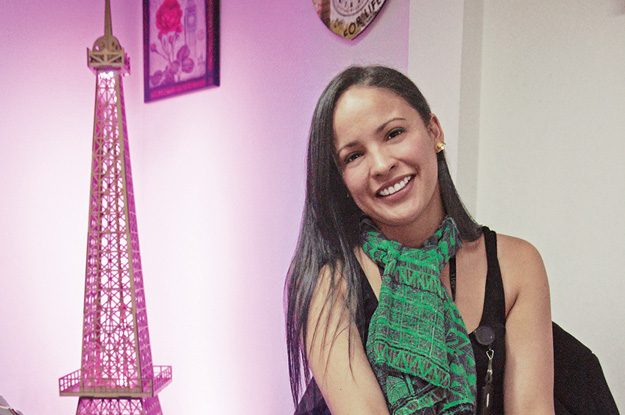
The Captain of Industry | The Musician | The Entrepreneur
The Educator | The Oil Expert | The Politician | The Economist
The Humanitarian | The Rights Advocate | The Foreign Leader
This article is adapted from Americas Quarterly’s print issue on Venezuela after Maduro. | Leer en español
Marielena Polanco’s resumé reads as an object lesson on Maduro economics — and what would happen if Venezuela’s talented entrepreneurs were given space to succeed instead of being suppressed.
The refrigerator repair business Polanco owned with her husband in Punto Fijo fell apart in 2015 as subsidized dollars for imports dried up, and restaurants and supermarkets could no longer afford spare parts.
“Our clients just let their equipment go to waste,” the 28-year-old told AQ.
Polanco’s other small business, a food distribution service, collapsed about a year later, as crime and dangerous roads prevented deliveries.
Polanco and her husband had no choice but to take their talents elsewhere. In late 2016, they gathered up their life savings with plans to migrate to Chile. When they found they didn’t have enough money to make it that far, the two young entrepreneurs settled instead in Colombia.
Like Polanco, hundreds of thousands of Venezuelans — doctors, engineers, teachers, chefs — have left the country in recent years. Luring at least some of them back will be a vital part of Venezuela’s eventual recovery.
Click here for a graphic look at Venezuela’s growing diaspora
But doing so will be a challenge, especially when it comes to the entrepreneurial class. In 2008, when oil prices were at their peak and the Chávez economic program was in full swing, it still took an average of 141 days to start a business in Venezeula, compared to 35 in Colombia; it now takes 230 days in Venezuela, and just 11 in Colombia.
This is perhaps unsurprising in a country where oil is king, and the public sector — which accounted for more than 30 percent of GDP in the boom years — is viewed as the surest path to long-term employment. But as a result, and now spurred by Venezuela’s slide into hyperinflation, a generation of talented entrepreneurs has left for greener pastures.
This exodus has at times sparked tensions abroad. In Colombia, Polanco benefited from a special two-year work permit given to Venezuelans who arrived before February 2, 2018. Other countries have offered similar programs. But politicians across the region, responding to a backlash against the surge in Venezuelan immigration, are increasingly looking at ways to limit the numbers.
Despite sometimes facing discrimination and other challenges, many in Venezuela’s diaspora have been able to replicate the success they once enjoyed back home.
Polanco’s first job in Colombia was working as a waitress for $9 per day, less than the legal minimum wage. It was stressful, she said, but sustained her until she found more secure work and saved up enough cash to start the same kind of business she had lost in Venezuela.
“I think that Colombia is like Venezuela was a few years ago,” Polanco said. “You can buy anything you need, and if you work hard, you can see results.”
In November 2017, Polanco and her husband founded Refrilugar, which fixes refrigerators and freezing equipment for clients that include a restaurant, a fish warehouse and flower exporters. Refrilugar has three part-time employees and generates sales of around $2,000 a month. It’s a modest take, but a world away from Polanco’s prospects in Venezuela.
Polanco even said she’s considering expanding to other cities in Colombia. If the situation in Venezuela changes she would like to return and carry on with her business, though without abandoning her new clients.
“Perhaps we can be a multinational,” she said, eyes glimmering.
—
Rueda is a journalist based in Bogotá





